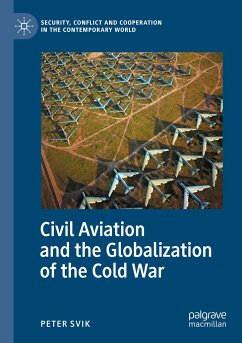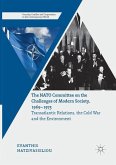This book focuses on the highly complex and intertwined relationship between civil aviation, technological globalization and Cold War politics. It explores how the advancement of Soviet civil aircraft engineering during the 1950s technically triggered the globalization of the Cold War. The study also shows how the processes of technological standardization facilitated transfers of technology and knowledge across the Iron Curtain and how East-West as well as East-South connections evolved. It uncovers the motives and reasons for this transfer of knowledge and expertise, and aims to identify the specific roles played by states, international organizations and interpersonal networks. By taking a global approach to this history, the book advances ongoing debates in the field. It reassesses Europe's role in the Cold War, pointing out the substantial differences in how Western Europe and the United States viewed the Communist world. This book will be of interest to scholars of internationalhistory, the history of technology and Cold War history.
"Svik's work is well researched and adds important details to the story of aviation and globalization, particularly during the crucial post-World War II decades. ... those interested in how the Cold War context complicated the history of post-war commercial aviation, driven by tensions not only between the United States and the Soviet Union, but also between the Unites States and its allies, will find this work valuable." (Janet R. Daly Bednarek, Technology and Culture, Vol. 63 (2), April, 2022)








